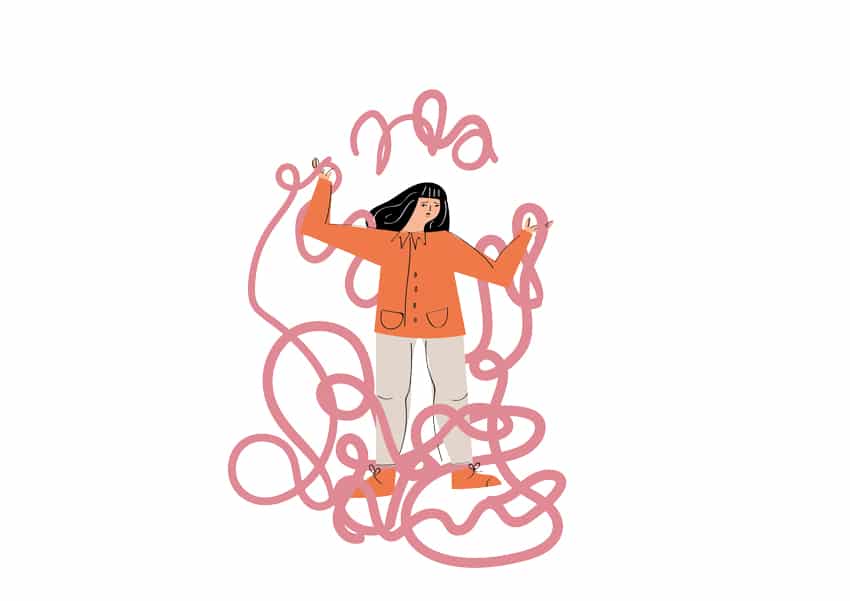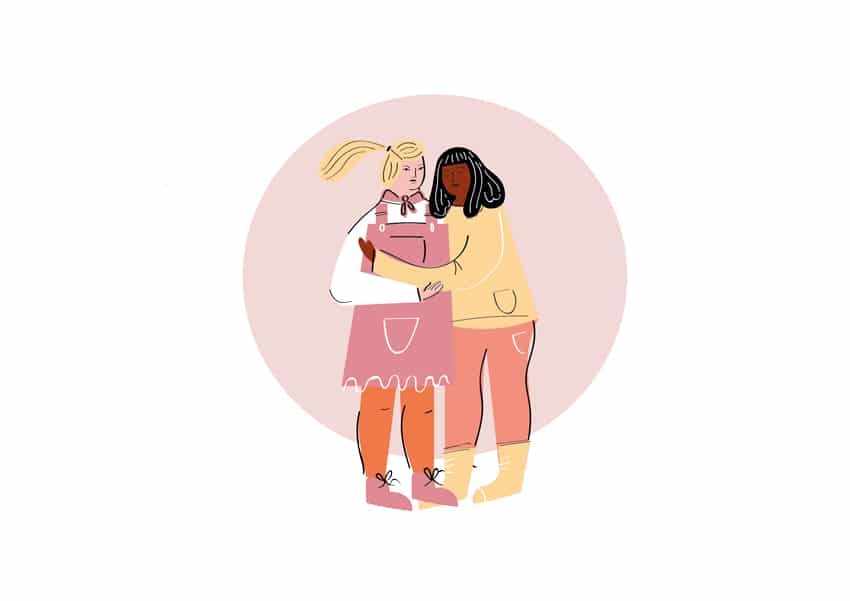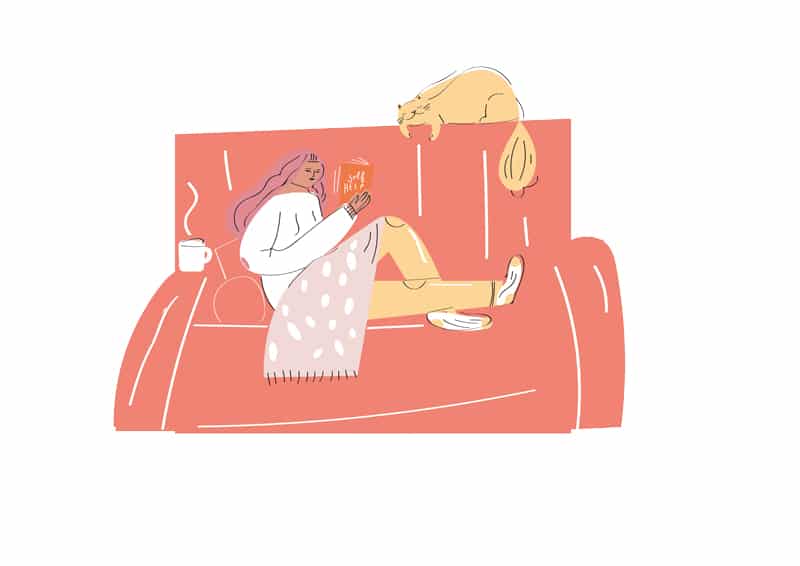Chayn, the survivor-led platform that empowers women in abusive relationships

When I was growing up I had a friend who was a victim of domestic violence—first from her father and later from her boyfriend. It seemed as though she could not escape this cycle of abuse that was inflicted on her by those with whom she shared a life. She was young and struggled to break up with the partner who was hurting her, and I, as her closest friend, often felt powerless and incapable of helping. Throughout the years, I met more women going through similar situations, and each time I felt like I didn’t have the tools to support them while they felt like there was no one they could reach out to for help.
Hera Hussain, founder of the open-source organisation Chayn, went through a similar experience: after seeing two friends struggling to flee their abusive marriages due to the lack of information and support networks, she founded Chayn in 2013, a global volunteer network addressing gender-based violence by creating intersectional survivor-led resources online. Since then, the organisation has served as an online guide for women on how to build domestic-abuse cases without a lawyer and to recognise and deal with the symptoms of a toxic relationship.

“We’ve found that in most contexts Chayn operates in, the very architecture of information is biased because it is written from a male perspective. Basic information on divorce and child custody laws are missing in many countries, and if found, it is often riddled with bad information.” Hussain told Screen Shot when asked about the premise of the project. By using open-source knowledge, Chayn is filling a gap—it now reaches and empowers vulnerable women who may not leave the house very often, but will likely have a smartphone with internet access.
The project provides guides translated in multiple languages, uploaded by domestic violence survivors and volunteers from across the world. It also uses GIFs, catchy graphics, podcasts, op-eds, and even a chatbot. “We help women find information to answer questions such as, ‘How do I get divorced?’, ‘What are my rights under the child custody laws in my country?’, ‘Am I depressed?’, ‘Do I have anxiety?’, and ‘Do I have PTSD?’ to questions like ‘How can I build up my CV?’.” Hussain explained to us that the aim of Chayn is to turn firsthand experiences into empowering knowledge that could eventually provide other abused women with psychological, cultural, and legal support. Building an inclusive technology is pivotal for Hussain, as it allows—regardless of education, class and race backgrounds—an increasing number of women to crowd-source knowledge on domestic violence and collaborate on the creation of a platform whose informative resources work under Creative Common (CC) licenses.

Despite the various successes of the platform, which has reached over 200 thousand people since its start, not everyone agrees on the reliability of the volunteer-run network. According to Hussain, numerous people (mainly men), have criticised the project because it provides non-professional advice on sensitive and complex matters. But the positive response that Chayn is receiving clearly shows the shift in direction when it comes to the distribution of knowledge on gender-based violence worldwide. 70 percent of the 400 volunteers who are currently contributing to the organisation are survivors of violence themselves, thus confirming that the platform is generating measurable benefits to the people who sought help.
When asked about the potential of the internet and technology in supporting women, Hera is far from being naive but sees the potential of the web in giving power back to those who need it the most. “The online world presents women with both obstacles and new opportunities. As the gap in access decreases, women are demanding their place as both creators and consumers of tech. With the chance to reach a wide audience on a shoestring budget, tech enables women to understand what is happening to them and what to do about it. From finding sources of help to escape abuse, tackle mental health issues, find refuge to educate themselves and finding ways to earn money—there is no limit to how we can use the appropriate technology to enable women to become creators of their own fate.”

As Hera told Screen Shot, Chayn is currently starting to build a salaried team and making the transition from a volunteer-run organisation to a hybrid model able to support the ambitions of its community. It is also about to launch another digital service called Soul Medicine, which will enable women to sign up to receive bite-sized versions of its content at a time that is safe and convenient for them.
Chayn recognises that in order to overcome the emotional attachment and the complex psychological dynamics that are inevitably linked to toxic and abusive relationships—and to eventually secure a long-term separation from a violent partner—it is necessary to have access to legal and psychological knowledge, as well as a support system. As I witness this digital-based project grow I can’t help but realise how much a platform like Chayn could have helped me and my friend a few years ago, by showing her how to navigate a situation that was way too complex to overcome alone. For this reason and many more, I am thankful that Chayn is now out there.




